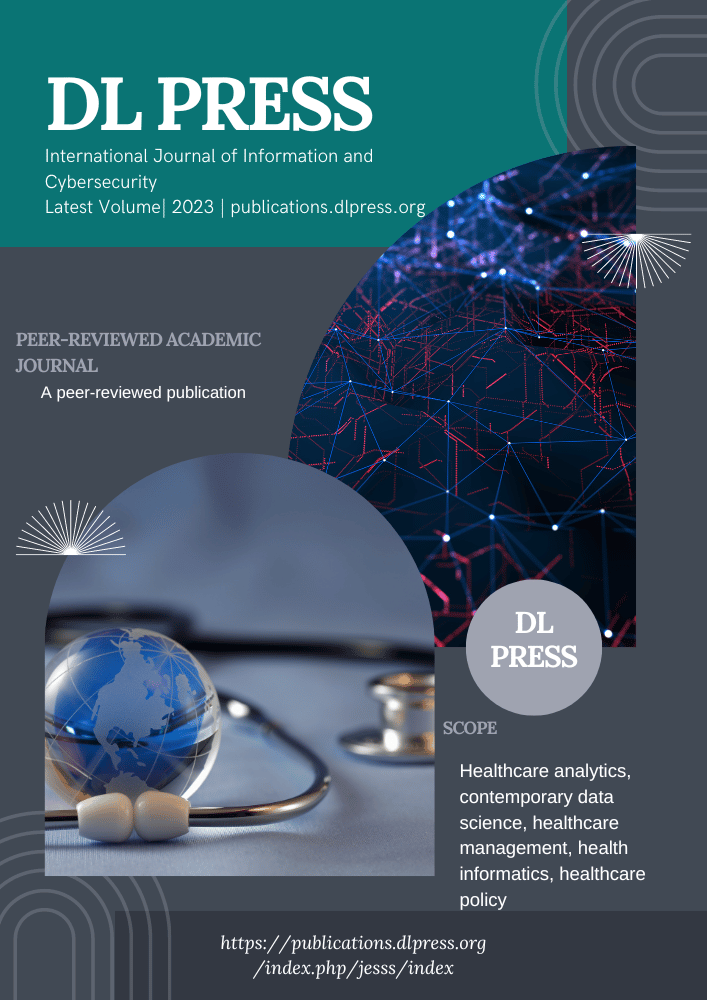Drug Discovery in the 21st Century: Exploring the Promises and Potential of Quantum Machine Learning
Main Article Content
Abstract
Drug discovery and development is a complex, lengthy, and expensive process, taking 10-15 years and over $1 billion on average to bring a new drug to market. Quantum machine learning is an emerging field that combines quantum computing with machine learning and has shown tremendous promise in revolutionizing and accelerating the drug discovery pipeline. In this review, we provide an overview of the current challenges in drug discovery and highlight how quantum machine learning can address these challenges through enhanced molecular modeling, drug design, and clinical trials simulation. Specifically, we describe applications of quantum machine learning in target identification, lead compound generation, molecular docking simulations, protein folding predictions, pharmacokinetic profiling, and clinical trial optimization. Key quantum machine learning techniques discussed include variational quantum circuits, quantum annealing, quantum reinforcement learning, and quantum generative adversarial networks. We also examine case studies demonstrating the successful application of quantum machine learning in discovering new enzyme inhibitors, predicting drug toxicity, and designing novel antibiotics. Furthermore, we discuss the limitations and challenges of implementing quantum machine learning, including restricted qubit counts, error rates, and interpretability issues. Overall, quantum machine learning shows immense potential to significantly quicken and enhance the 21st century drug discovery pipeline once the technology matures. This could greatly accelerate the development of transformative new medicines and therapeutics for currently untreatable diseases.
